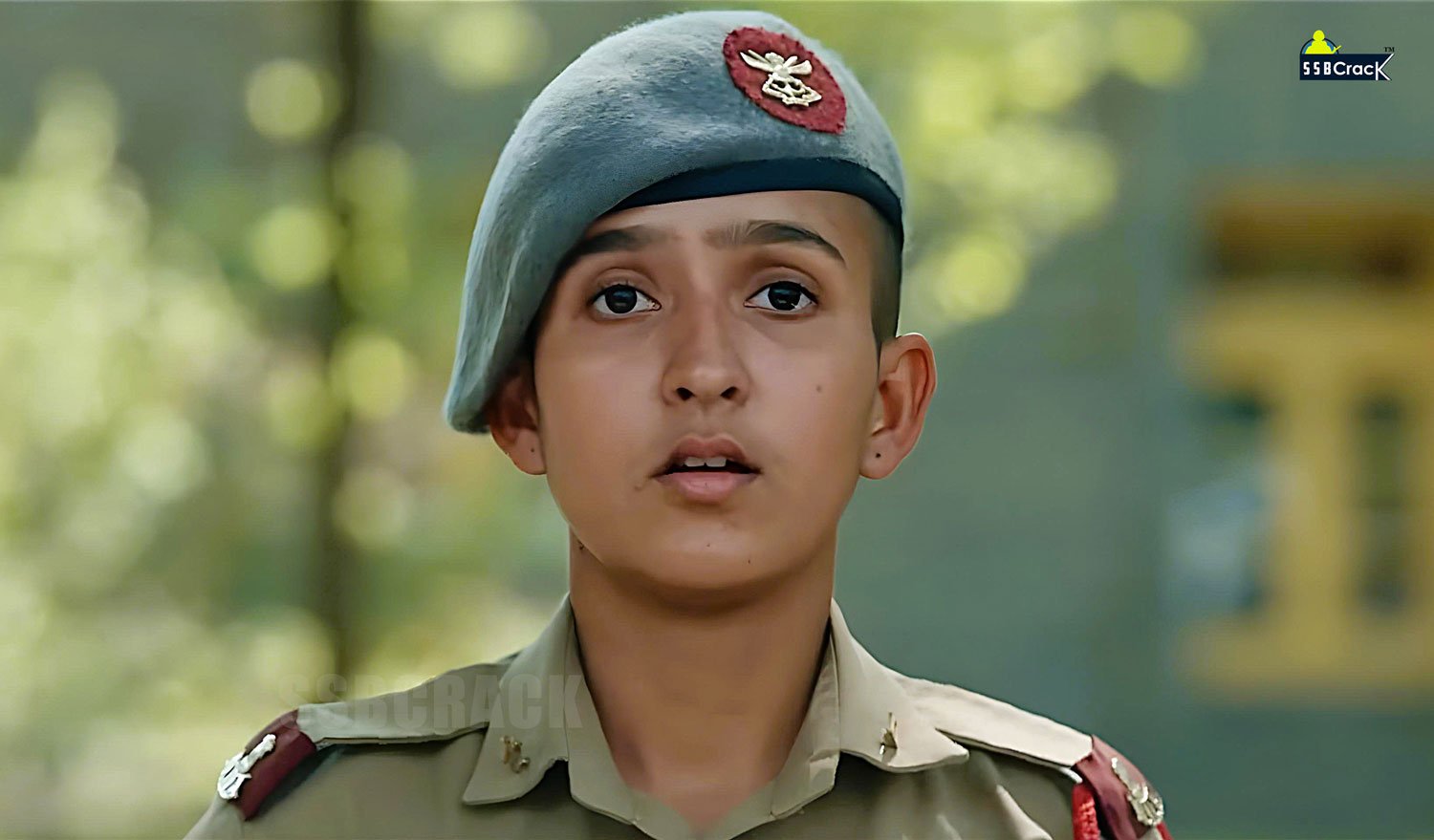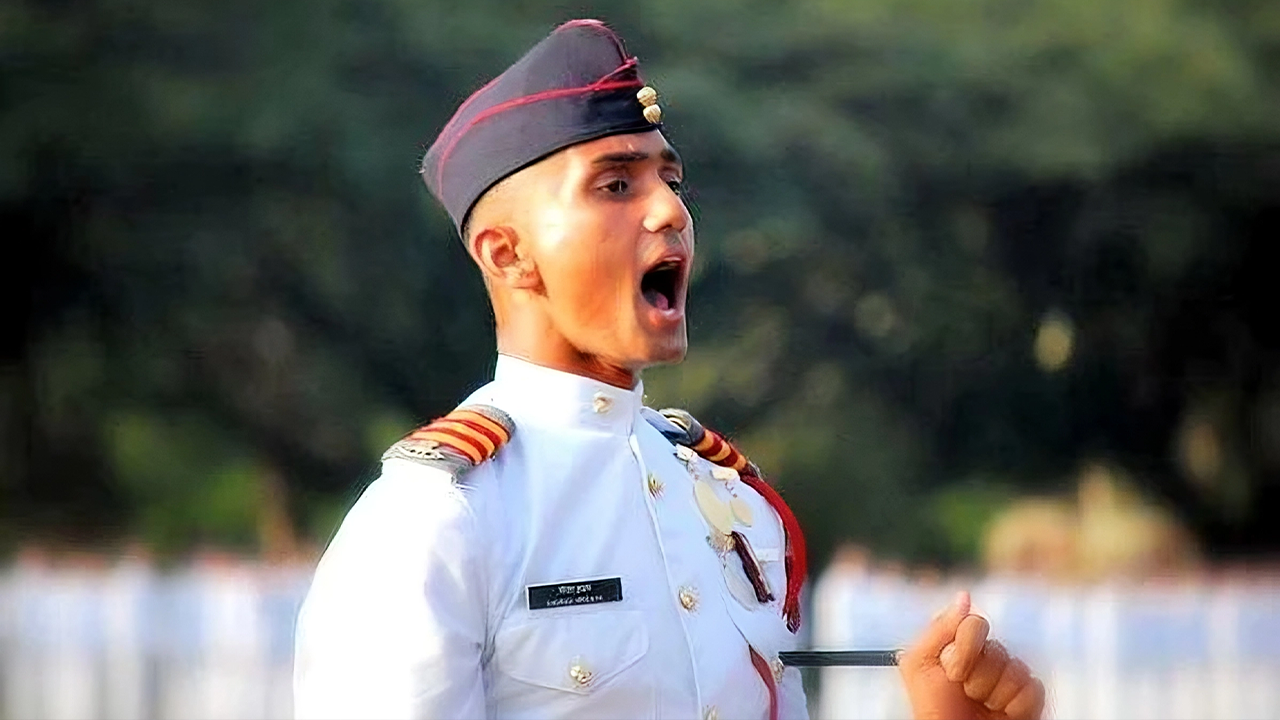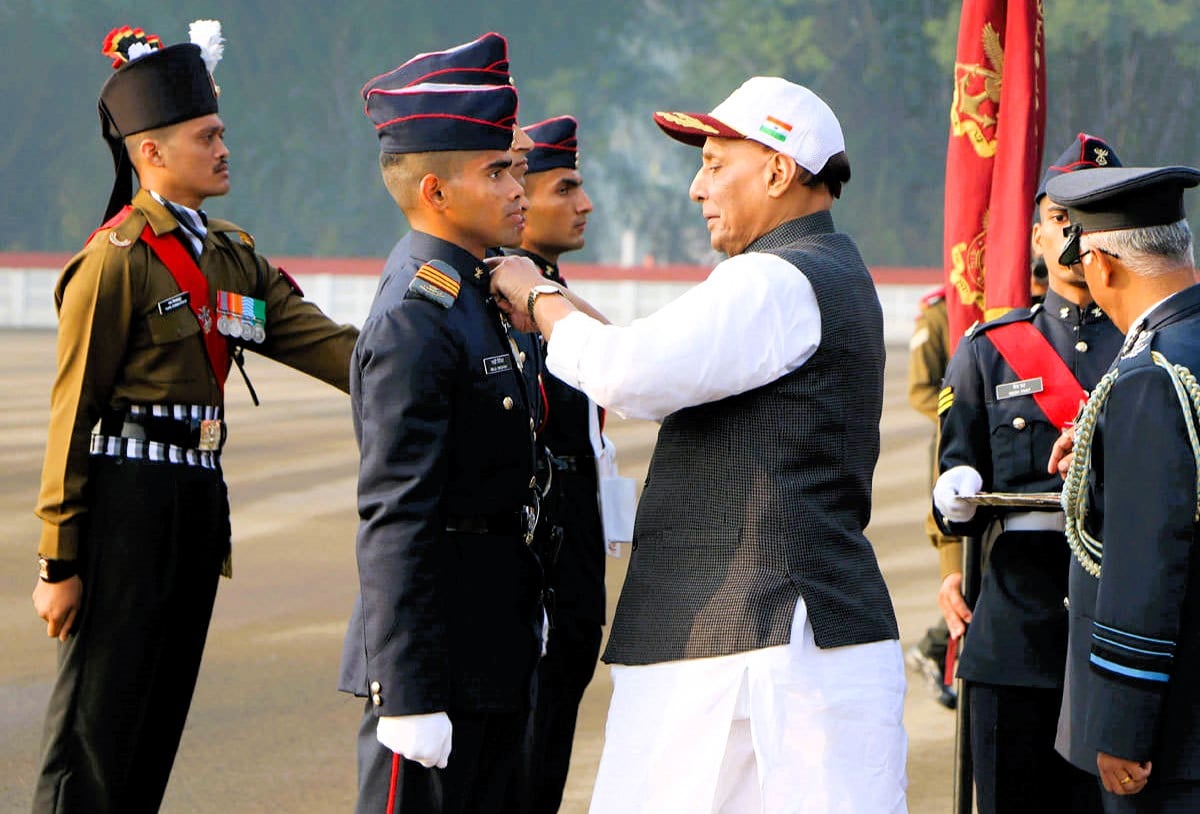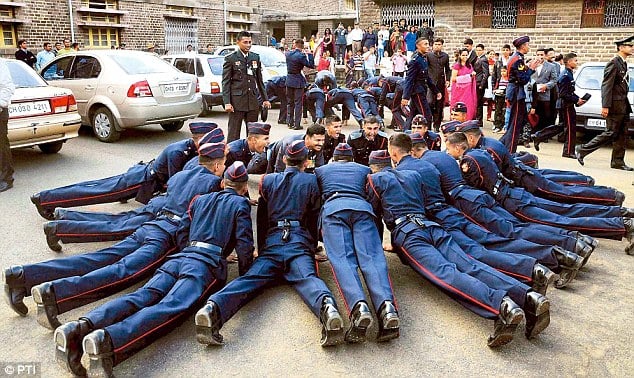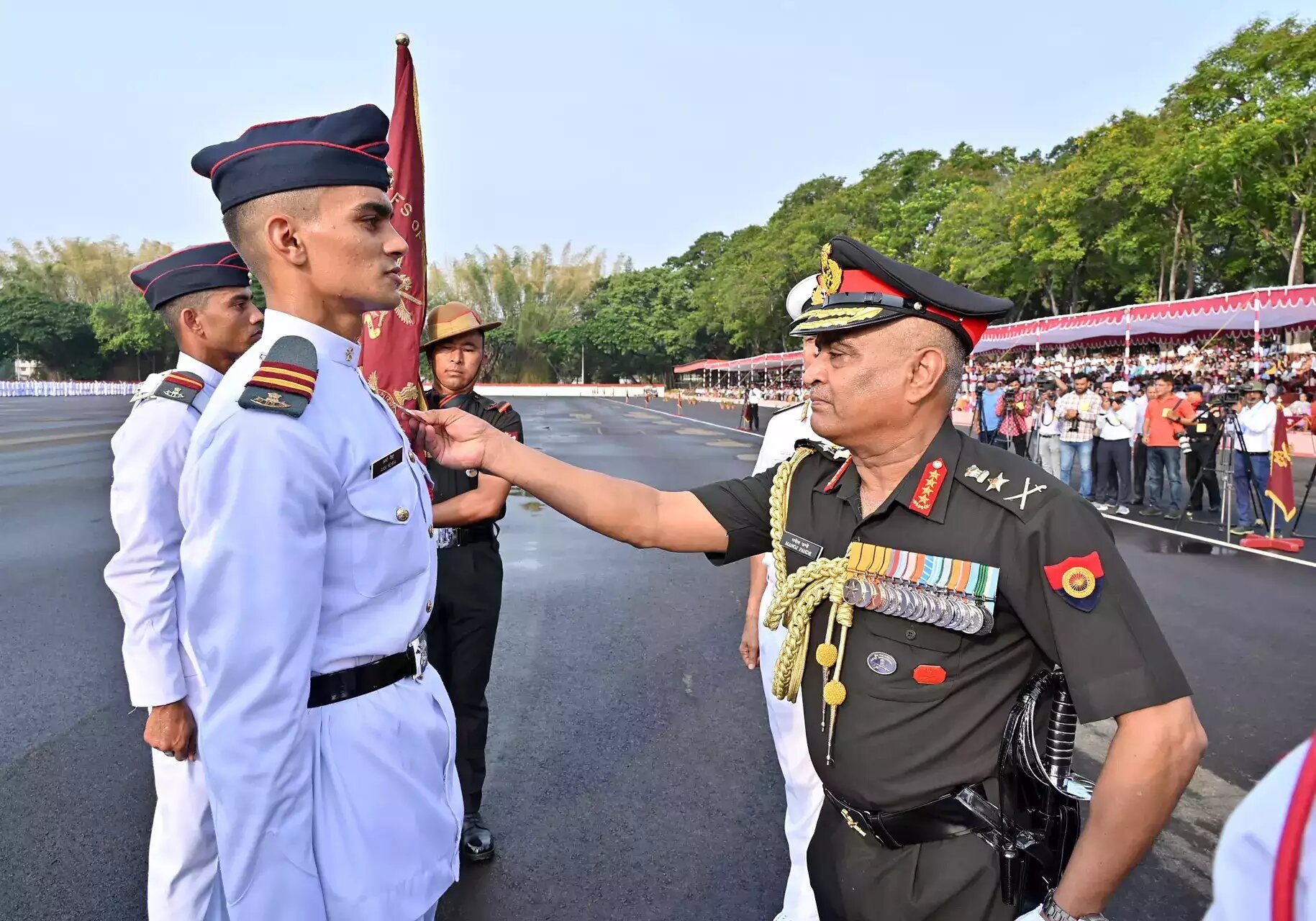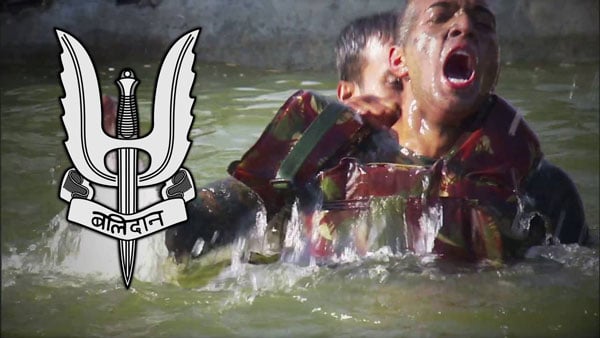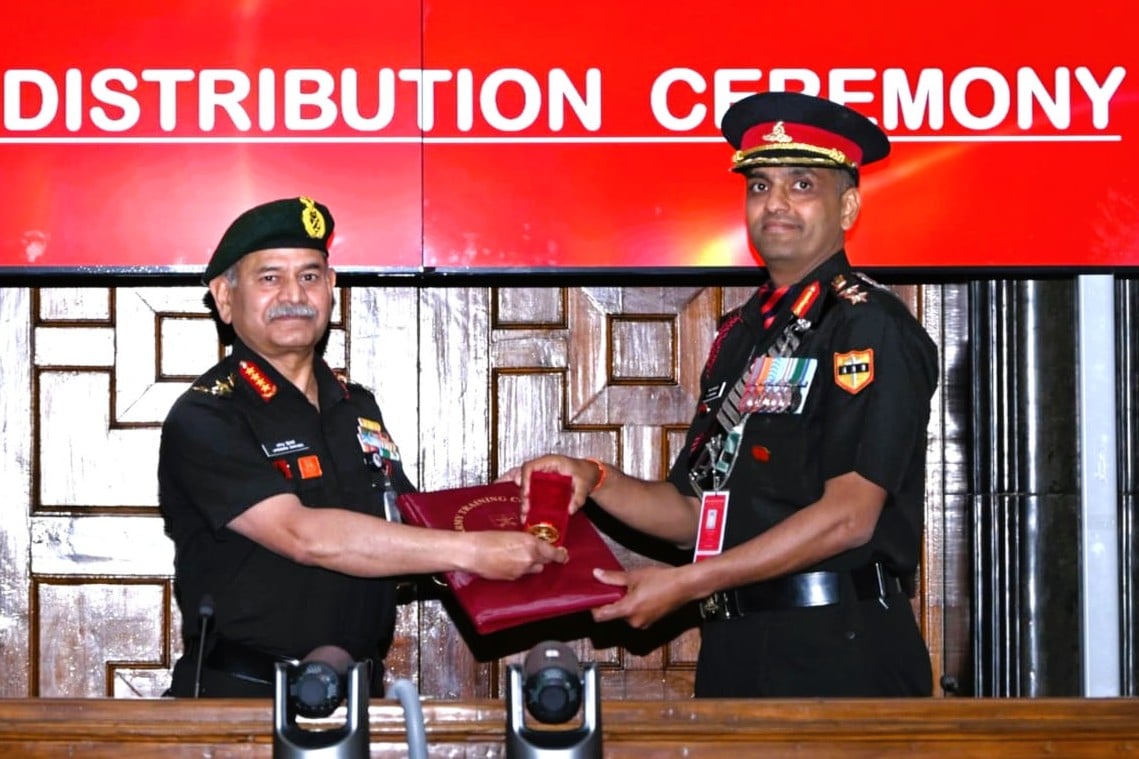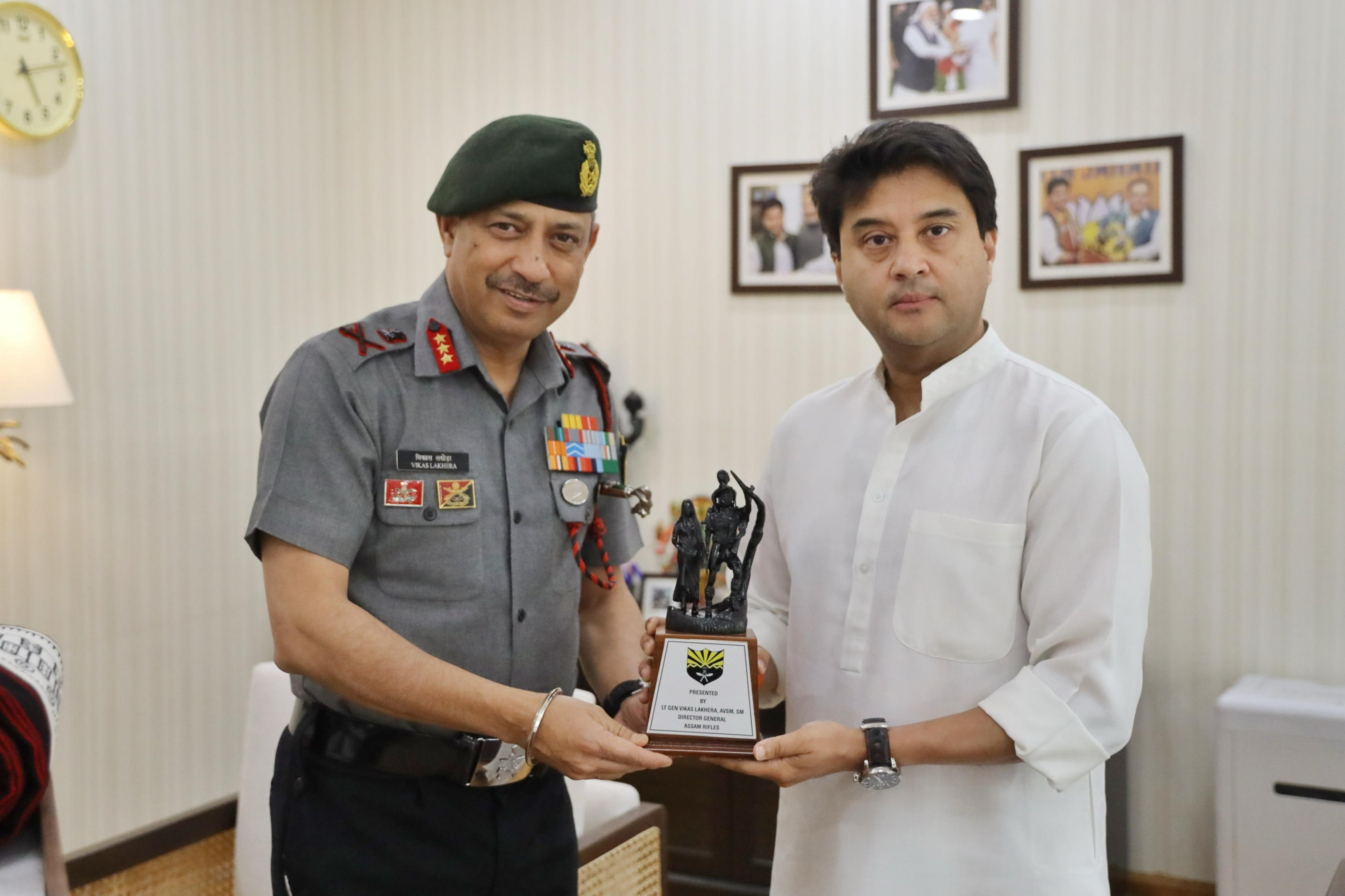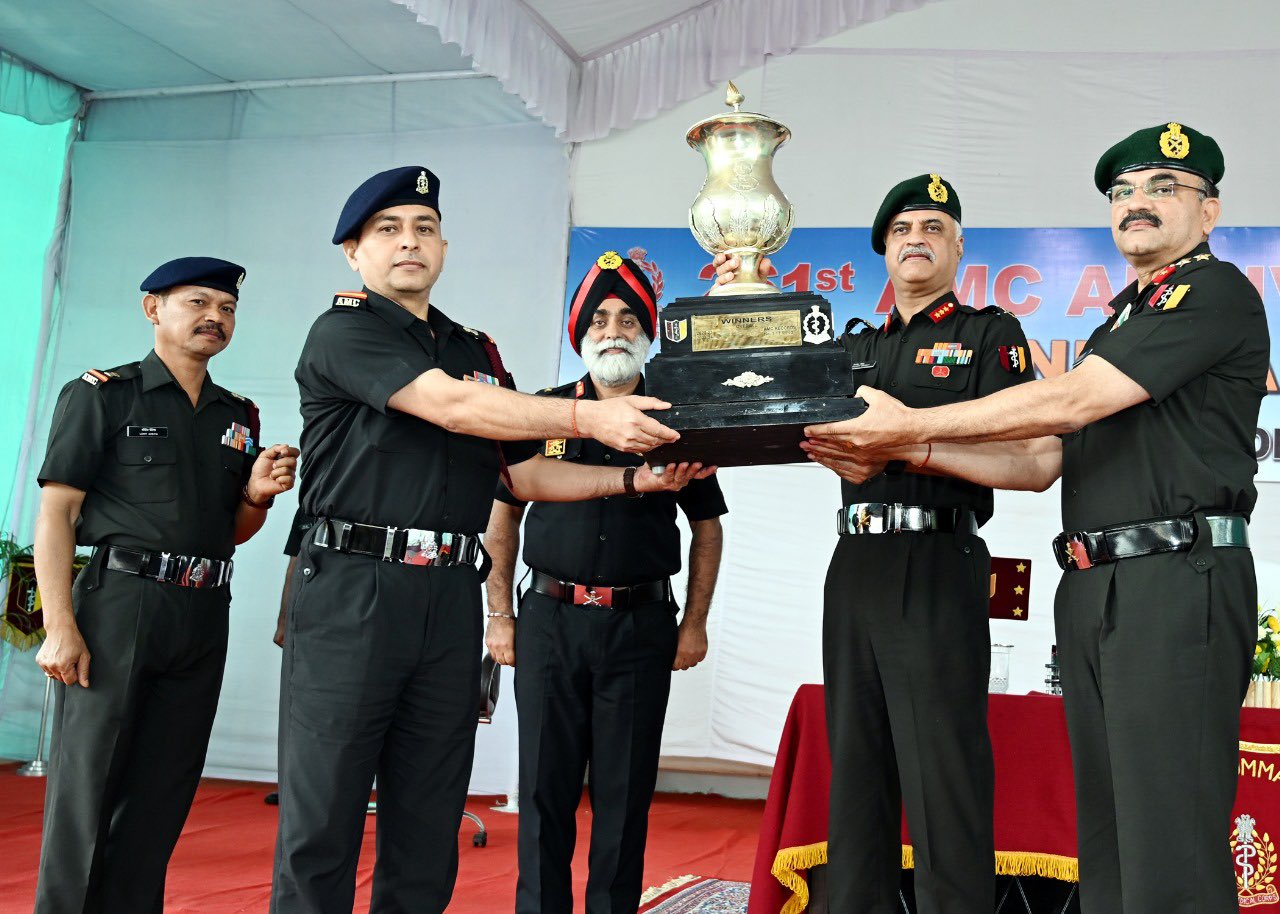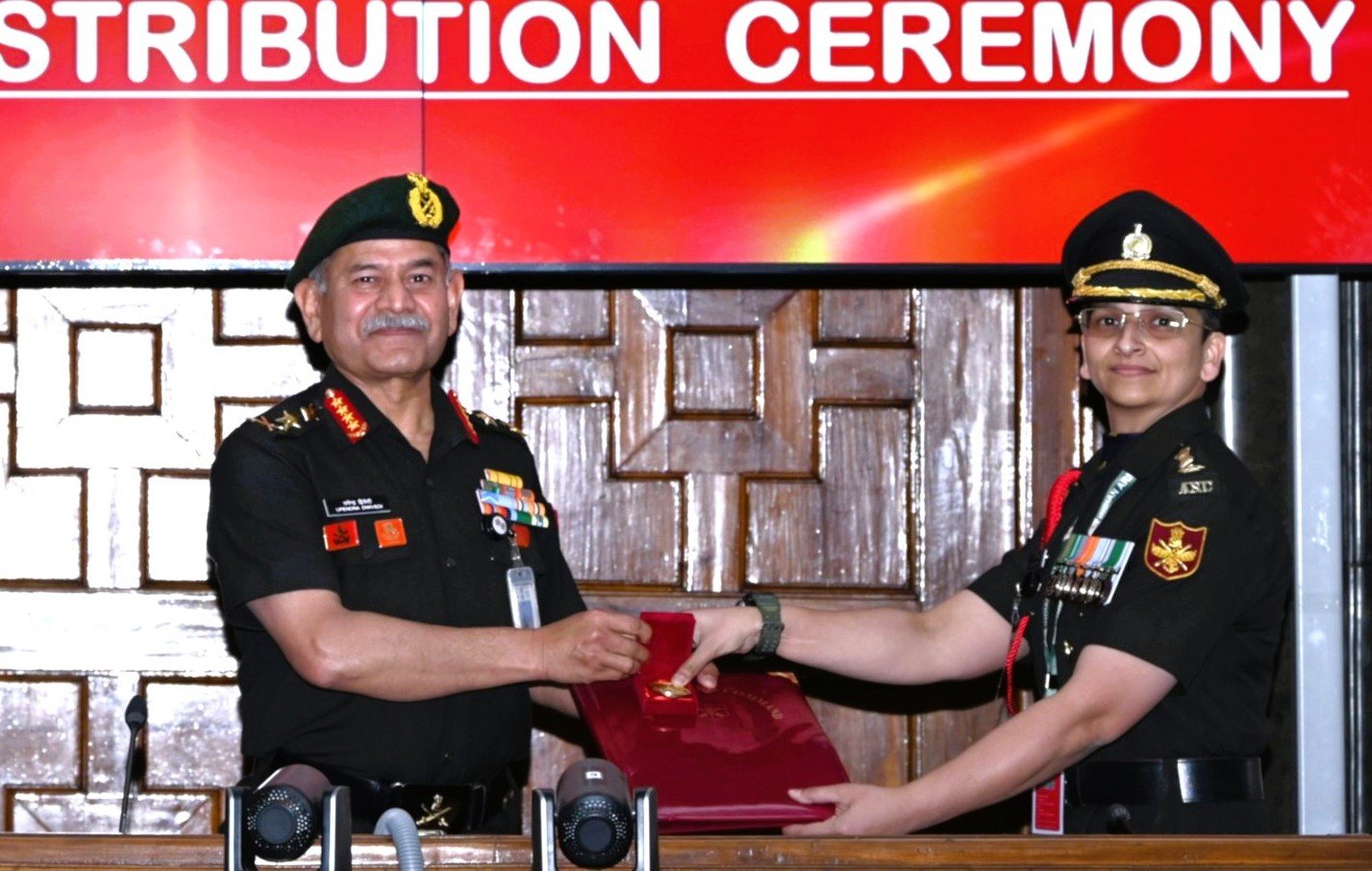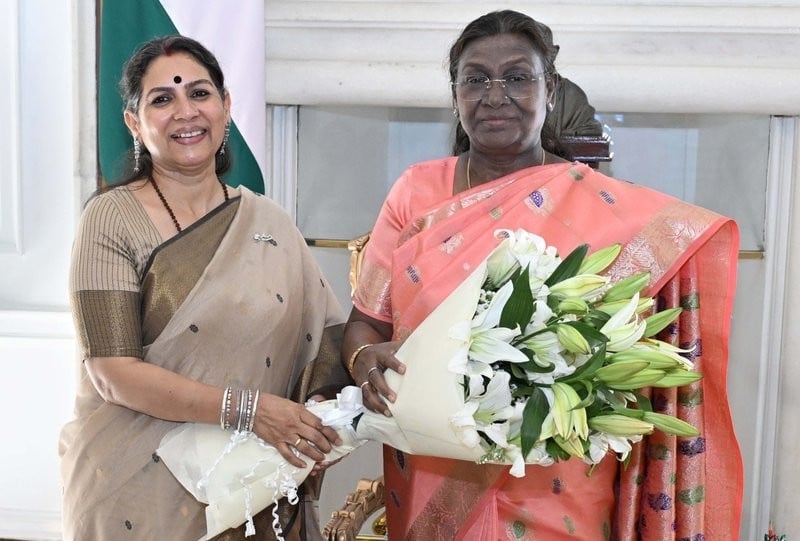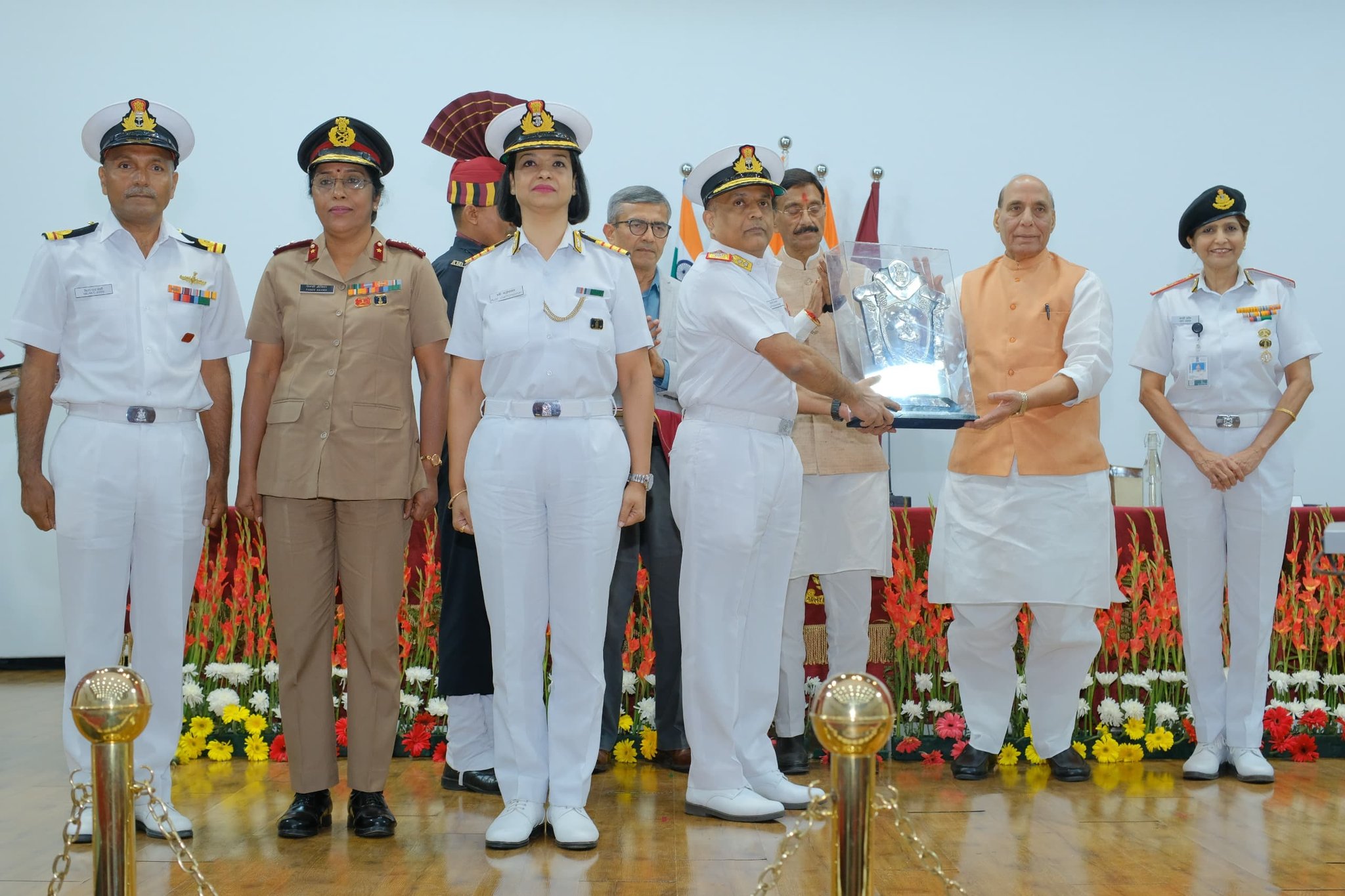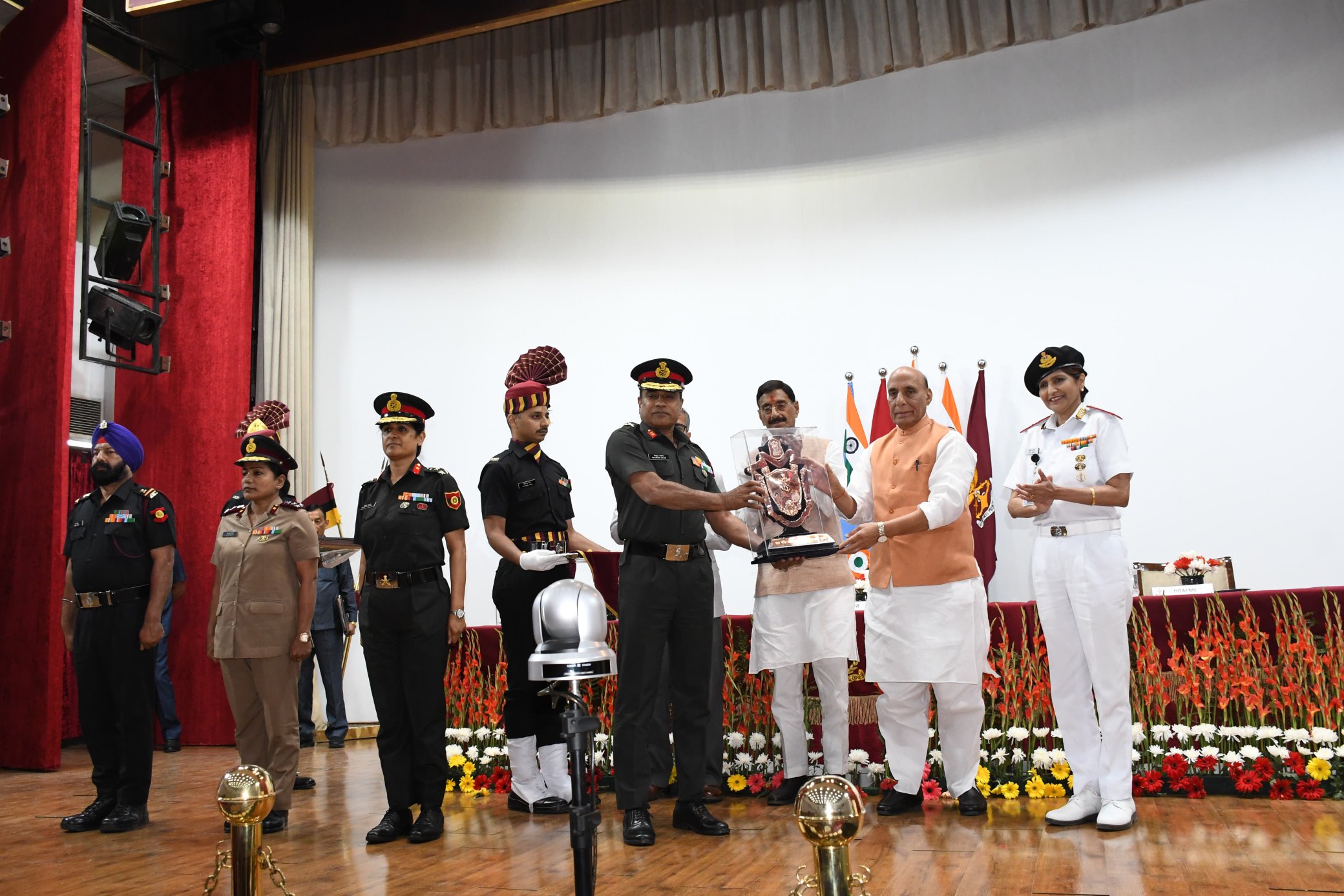‘It would be a travesty against your honour but to speak plainly here among you. You are the ultimate guardians of our nation, our culture, our civilization. As guardians, you are not only trained as preservers of our peace, but also as warriors for our battle. You are not only trained to protect life, but to take life, and give your own. Your vocation is our life and our death, both collectively and individually.’
‘The hard truth of the matter is that the military is the formal institution of the state for the conduct of violence. The military in a democracy is the formal institution of the state for the conduct of legitimate violence.’
‘We can only have good government of a nation if its individuals first govern themselves well, follow the script of citizenry. Good government is thus mirror to good self-government. This brings good citizenship for all. And to be that citizen is to understand the value of self-discipline.’
‘Since ancient times, in a Democracy, the blueprint for human flourishing has always been that of the citizen-soldier, wherein freedom and self-discipline can only exist if allied to each other in the most strenuous embrace.’
‘Forgive me if I repeat myself, but I cannot impress upon you strongly enough the importance of self-discipline to the flourishing of our country and its freedoms. I would go to the extent of wishing your training as compulsory for all of us, for civilian life.’
‘Think carefully: there is a vast gulf between those two statements, because of one word: legitimacy.
The authority of legitimacy is given by that democracy, invested in you. It is given over on behalf of its citizens to you. It is a sacred responsibility and its weight that you have vowed to carry is the heavy burden of the exalted. It is a grave and noble endeavour when directed accordingly. When not, without legitimacy, it is tyranny.’
‘You of the National Defence Academy, you are exemplary model to our whole culture. In you, the example has been set.
For this reason, I here take the opportunity to remind you that as much as you are soldiers, you too are citizens of a dream.’
‘I spoke earlier of dreams. I spoke that both you and I share a common purpose in the pursuit of dreams. That dream which you have undertaken to perform for the sake of others is the dream of a democratic republic. The dream of democracy for our nation is the dream of a benevolent justice, a fairer and more equitable life for all citizens.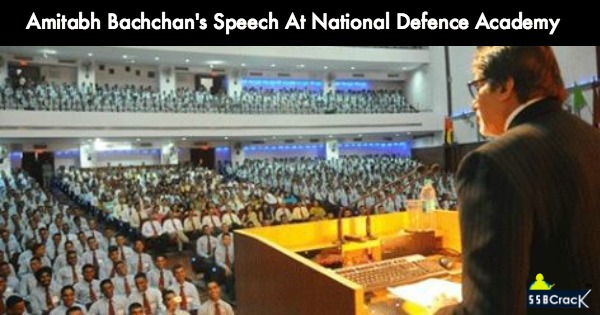
We have a dream. It is a dream of India.’
‘For ultimately, one doesn’t fight best for one’s country as a sheer geographical entity. One fights best for what that country stands for, for its dream.
And I want to see a great dream, a higher one, a stronger dream among us. I want to push that founding dream of Independence and take it further: march on it, sail it, fly with it. Inheritors as we are of long and magnificent civilizations, I want us to merit their legacy, to aim to meet their distinction, even surpass them if we can. This requires the kind of vision from us that may strain the imagination. Inheritors as we are of our own great civilizations, we now have the potential to reach beyond to the wider world to find that vision.’
‘For our world is now truly a global one, and now, more than ever before, the wealth of all its civilisations is our oyster. Its rich pearls are ours to partake in as we choose: they are ours to share.’
‘Think about it: I would like to put an example to you of what I mean.
Democracy itself was indeed a kind of ‘import’ to India to begin with. We looked out, beyond our shores, and saw that it was good. We took the good in it and made it our own, and the largest democracy on earth at that. If we have the cultural confidence to do such a thing, may we reach further, and again, for more.
The dream of democracy came from the world of the Ancient Greeks into modernity. It was imported and re-vamped first to Enlightenment Europe. Then the United States of America imported it for their own use and re-shaped it to their own needs, re-exporting it again back to Europe, where again it was adapted, and from there, to the rest of the world. Quite a circuitous route. Do we, now, think of democracy in India as a foreign imposition, an alien import? If so, from where, exactly? No: we claim it as our own.
But let us return to Ancient Greece for a moment, to another speck of dust that lodged itself in the shell of a civilisation, and encrusted, turned jewel.’
‘I would like to tell you a martial story that will amaze you. It is of Pergamon, an Ancient Greek civilisation that existed on the shores of present-day Turkey. This story is known because of a war memorial they left behind. It was to celebrate a victory over invading Celts, and they erected this monument at the very centre of their great city, before the temple to their gods. It consisted of a series of figures struggling against their mortal wounds, their accoutrement of war still in hand. They were beautiful, noble and defiant until their dying end. These figures of war, these warriors, were given the ultimate prize, immortalised in sculpture for the ages, to be held up above the citizenry in remembrance of their greatness.’
‘But here is the rub; here is what startles: these great warriors are depictions of the Celts, their enemy in battle, over whom the Pergamenes were soundly victorious.’
‘Think upon it, it is extraordinary. These people of Pergamon immortalised their enemy in noble memorial. These people were strong enough, confident enough in their own culture, to remember their own victorious dead by saying, “Our enemy was great and noble and died with dignity. In our victory over them, so we are all the greater, all the nobler, all the more dignified.” ’
‘To vilify one’s foe is to fear them: it ultimately dehumanizes both parties equally. True victory over one’s enemy is to conquer such fear. Fear and wrath: they blind, they betray good judgment, they poison the noble spirit. Pergamon did not make monsters of their enemy to defeat them: these were a people strong enough to acknowledge the dignity and humanity of their sworn foe despite war and death, for they knew that to make monsters of the enemy is to become monstrous oneself. Their victory was greater.’
‘The measure of true greatness of an individual, as much as of a country, is to understand this truth. Against such greatness, no adversary can ever win out, no other civilisation can overcome such a fatal embrace.’
‘I urge you to keep this example in mind in the present climate of fear against terrorist threat from within, and threat to our borders from without. If we are afraid, feel under threat, then we are already gravely weakened, for fear is the most powerful weapon an enemy can possess. Reflect upon the Pergamenes and their cultural confidence. Their greatest valour was the overcoming of such fear. We can do the same, we must do the same, if we want to win out.’
‘You in the Armed Forces have a more specific power, as the formal and embodied institution of the state for the conduct of legitimate violence.
The wisdom of force is that it is always more powerful as an idea, a potential, than an actuality. And force is always most powerful when it is has moral worth: legitimacy. The justice of good character as a moral entity is the greatest of disciplines in such a context. It is to marshal the mind to clarity against chaotic fear. It is to direct the heart to virtuous endeavour without wrath. It is to act with such a mind and heart. And that justice of good character then becomes an end in itself.
If we need you to protect our national character, then we need you more characterful than most.
If we need you to protect our civilisation, then we need you more civilized than most.
If we need you to protect our humanity, then we need you more humane than most.
If we need you to protect our dream of a nation, then we need you more idealistic than most.’
‘You are the elite of our military establishment. You will soon take up the grave weight of guarding its ethos. The very nature of your position as officers will require you not only to perform orders, but to make them.
As much as you have learned from your time here at the National Defence Academy, so it will be your duty to teach its lessons to those who perform your order. To command, to lead, is to educate, and through that education, bring true and enduring inspiration to those who follow you. The duty of all education is to pass it on. Pass it on, and you will bring honour with you, wherever you venture.’
‘I trust you to look to your own insignia, the symbol of the National Defence Academy, for there you will constantly re-discover your own meaning, value, inspiration. There you will find our dream, and your own as well.
The depiction of all three services – the crossed swords, the anchor and the Himalayan eagle – therein demonstrates the equality of camaraderie, fellowship, in fact, fraternity. The Ashoka capital, the symbol of ancient India and our new republic at once, remembers the persistence of our great civilisation and civilizing culture, and your vow to uphold it. ‘Sevo paramo Dharma’ is your dignity.
But the point of the symbol is in its unity. The unity of the mind, the body and the spirit; the individual and the collective; the dream and the actuality of legitimate violence; our past, our present, our future. The balance of parts that makes the whole.
Democracy itself only works to our benefit when it mirrors this unity: when we are a commonwealth of citizens and we understand the necessity of the balance of our various parts. Your unity of the Armed Forces likens the mind to the unity of Liberty, Equality and Fraternity as the core of a democracy: each one can only exist and flourish in relation to the other two parts.
So symbols harness our manifold thoughts together in contemplation.
But symbols also teach. And they don’t just teach once. They teach perpetually, through the ages. Remember your symbols, hold them sacred, revere them, for their meaning endures beyond our own brief mortality. We are all humble before them and equal in humility, for meaning is what endures before us and beyond us: it is our greatest heritage and will be our greatest legacy.
Symbols teach us to be ourselves, to remain ourselves, to endure ourselves, to act ourselves, to perform ourselves, together.
Your insignia, your emblem, that of the Academy, is not finished with you yet, though many of you will soon depart to your separate futures. Keep your emblem close, and you will be taught again and again. Being taught, so you must go out and teach by word and example, for when you leave the Academy, you become part of that insignia, symbol yourselves.’
‘Your duty, your dharma, is not a given. It is not any particular order, directive, institution, structure. The military can give you your vocation in life, meaning, cause, so many other things of untold value. But as an individual, your dharma is ultimately your own duty alone and you will forever be answerable to your own conscience: it is your ultimate judge of merit as a human being.’
‘You have your duty as a military officer. More so you have your duty as a citizen of India. But ultimately, you have your duty as a human being. Your greatest duty is to live all three together with good conscience, in good character, and daily, with vigilance. It is a formidable task for any of us, but the good one, the right one, the path of dignity.
Then you will serve yourselves, your profession, and your country as one.
This is our dream. Be it, live it, do it. ‘
…. And then ending it all with the inspirational ‘AgniPath’.
I felt proud. I felt statesmanlike. I felt I missed being in such an institute !!
Major Mohan Kumar, who was put in charge of receiving and dropping me off was a qualified ex-cadet of the institute, now brought down through recognized qualification to conduct activities among the cadets – a position of great envy, I am told. This is a prestige appointment and the Major felt happy and proud to be worthy to be positioned back. He had served with distinction in Kashmir fighting the insurgents and narrated many incidents of him and his team on mission. But the one that alarmed me most was the revelation, that, the army follows a given ethical code of warfare, even when they fight intruders. The insurgents do not wear uniform and therefore do not qualify as an army as such. But if they carry a weapon then the army has the right to attack them. However, the ethics in civilian war of this kind is that they are not to open fire until the enemy does so. So the forces wait in the most difficult terrain and circumstances till such act occurs. The other factor is that if the militant after opening fire were to drop his weapon, the army cannot attack him, for he, because of his disposition, then becomes a civilian and the civilian as per ethics of the armed forces cannot be attacked or fired upon. The ultimate results therefore are that the army become sitting ducks almost at the guile and mercy of the insurgent. The loss of personnel, officers and jawans of the forces then becomes an imminent factor for consideration. We lose our men in these grave circumstances, in excess of what they would, in fair and rightful warfare.
What an unfair disadvantage !!
It has been unfair to on my part to have kept you so long and in such severe circumstances.
Rest well dear ones … for me the night at 1:42 is still young and … twitterable !!
Love and much more .. salute
– Amitabh Bachchan
Amitabh Bachchan’s Speech At National Defence Academy
By SSBCrack
Published On:



